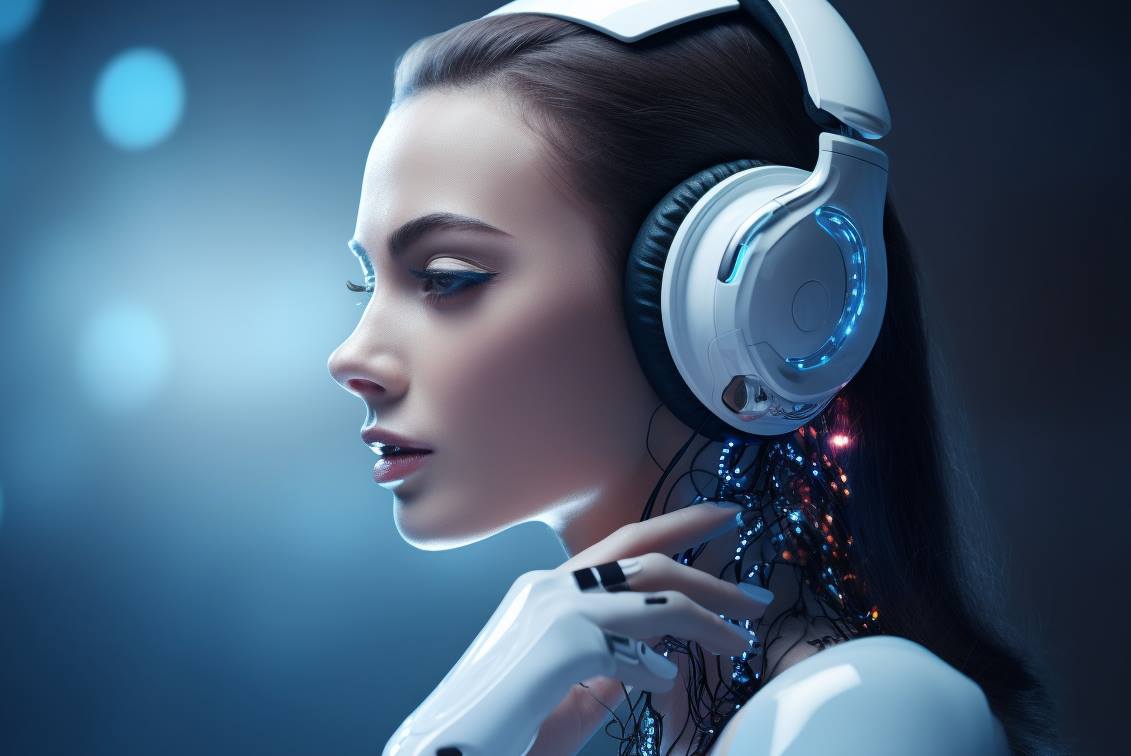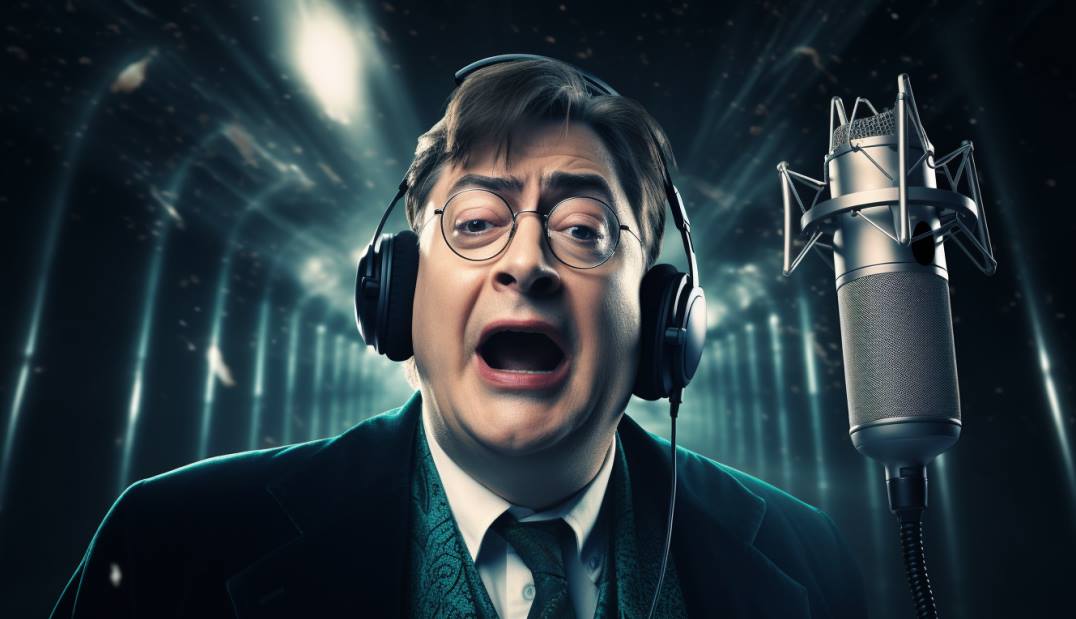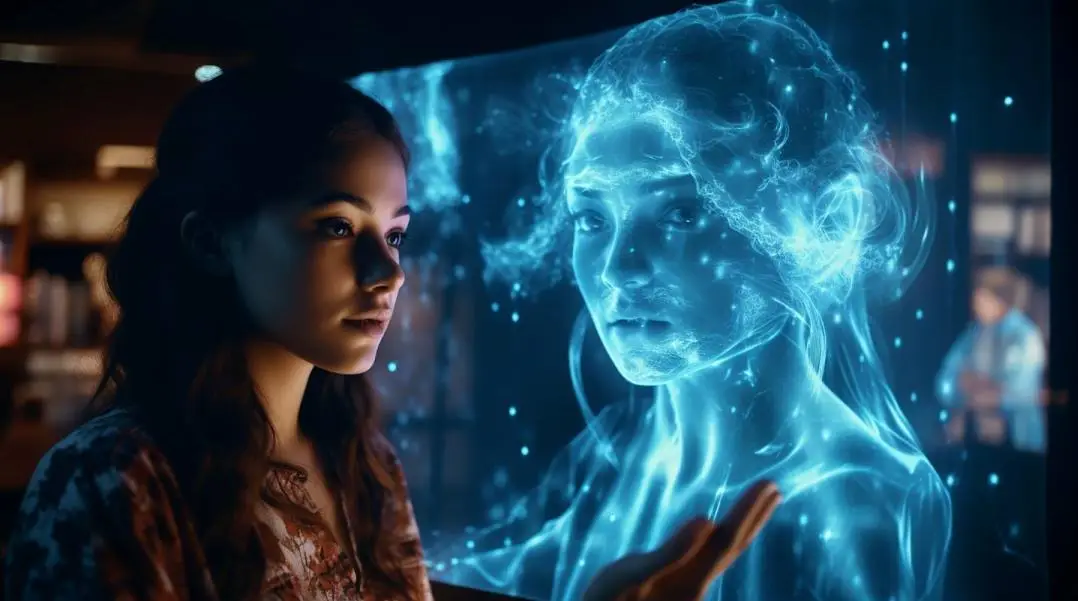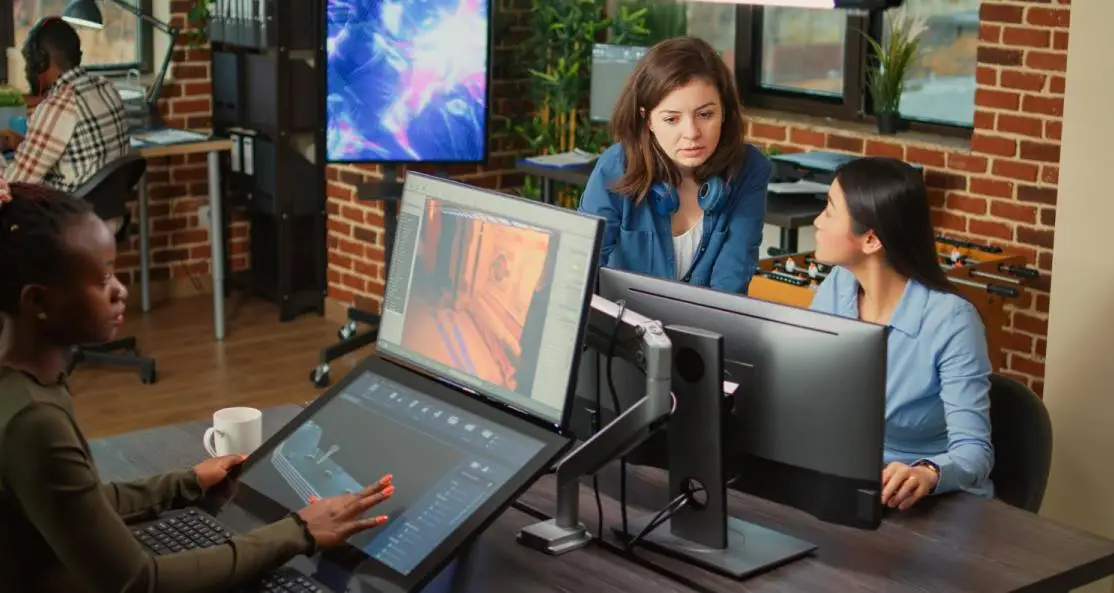Is AI Voice Theft A Threat To Voice Actors? Stephen Fry's Voice Stolen From ‘Harry Potter’ Audiobooks

In September, the renowned British comedian, director, and writer Stephen Fry was shocked to discover that AI technology exploited his distinctive voice without his consent. Having recorded countless hours of voice samples for the Harry Potter audiobook series and the entire Sherlock Holmes library, there is an abundance of samples showcasing Fry's voice. Unfortunately, some individuals have taken advantage of this.
During the Hollywood strikes, where the WGA and SAG-AFTRA were battling over regulations regarding AI usage in the film and television industry, Fry learned that his voice had been used to narrate a documentary that he had no knowledge of. However, it wasn't actually his voice. Through the power of artificial intelligence, someone was able to replicate Fry's vocal tone and style based on his readings of the seven Harry Potter books.
Fry addressed this unsettling situation at the CogX Festival, where he showcased a portion of the documentary featuring a replica of his voice, used without his permission. He also highlighted the dangers associated with these technologies, emphasizing that they have the capability to generate any form of content using anyone's voice or image. "You ain't seen nothing yet," the actor warned, hinting at the potential future implications.

Is It Illegal To Use AI Voice?
As AI voices become more prevalent, it becomes crucial to address the legal aspects surrounding their use. Depending on the context and location, certain regulations may be necessary. For instance, using someone's voice without their consent could lead to legal consequences. Similarly, utilizing copyrighted material for AI-generated sounds may not be permissible. Existing laws in many countries may not offer sufficient protection against potential issues related to AI-based audio creation tools. Therefore, it is essential to implement new legislation to address these concerns.
With the continuous advancement of AI voice services, it is important to continuously monitor legal issues such as copyright infringement and intellectual property rights. Responsible use of AI-generated voices requires obtaining proper permission from their creators. Users of these voices need to be aware of the potential consequences that may arise from disregarding applicable laws.
The growing popularity of AI voices has raised questions about the adequacy of current laws in addressing this emerging phenomenon. Consequently, governments and legislators are exploring the development of regulations specifically tailored to artificial technology. When formulating these regulations, it is important to consider varying international perspectives to ensure comprehensive and effective legislation. Understanding how different countries approach this matter is an essential aspect of creating sound laws concerning virtual vocalizations originating from artificial intelligence sources.
Is AI Stealing Intellectual Property?
Stephen Fry's case is not the only incident raising concerns over intellectual property theft in light of the rising popularity of AI technology. For example, Sarah Silverman’s lawsuit against OpenAI and Meta sheds more light on the issue at hand. Silverman, along with Christopher Golden and Richard Kadrey, claims that their copyrighted works were used without permission to train AI models.
The lawsuit revolves around ChatGPT by OpenAI and LLaMA by Meta, which are significant players in this legal battle. These language models, known as LLMs, were trained on extensive datasets from the internet and allegedly utilized copyrighted materials without obtaining consent. The authors argue that these tools, or more specifically, the entities behind them, are like "industrial-strength plagiarists" who violate the rights of book authors.
To complicate matters further, there are "shadow library" sites that come into play. These platforms offer access to numerous copyrighted books and content, often behind paywalls or other barriers. The lawsuits describe these sites as "flagrantly illegal." These shadow libraries allegedly obtained the authors' materials to train the AI models in question.
Final Thoughts
The fast-paced advancement of AI technologies presents both some benefits and challenges, particularly when it comes to the theft of intellectual property. The existing laws designed for human-to-human copying will have to adjust to this changing landscape. Looking ahead, it is crucial to adopt a well-rounded approach that encourages innovation while also protecting intellectual property rights. This will ensure a smooth integration of AI and human creativity.











